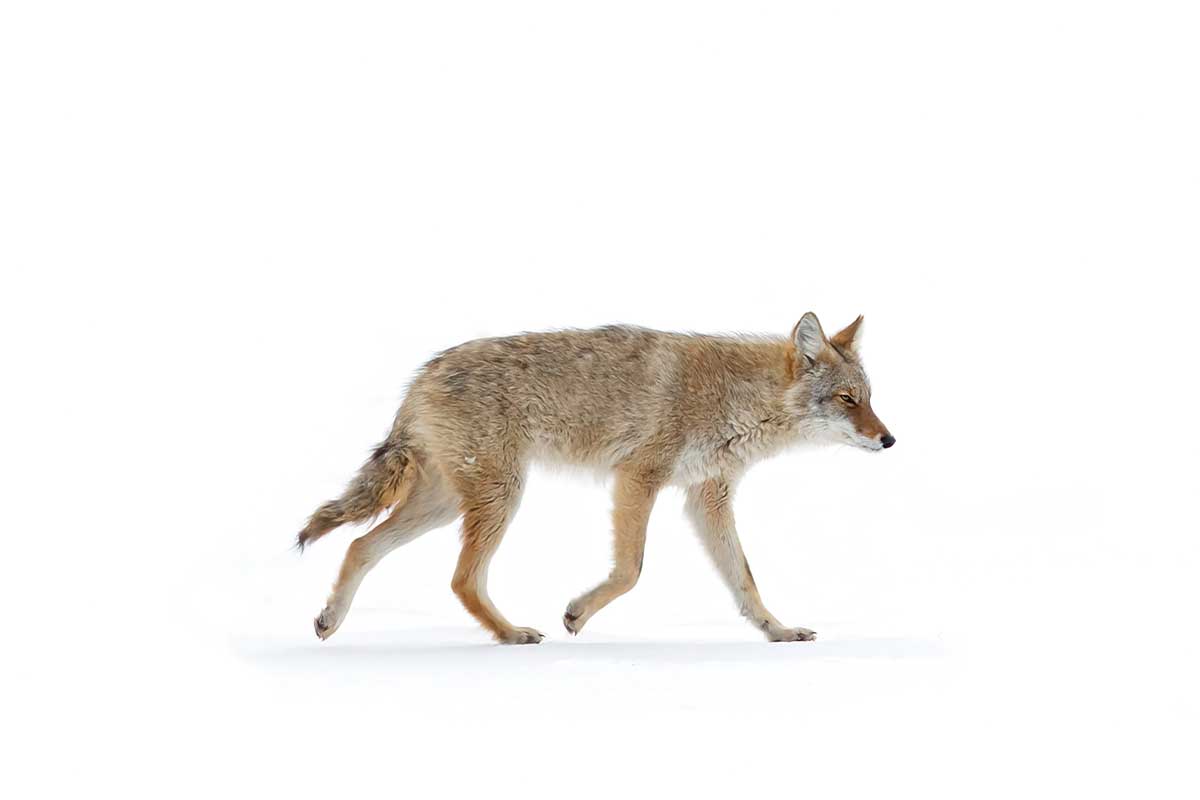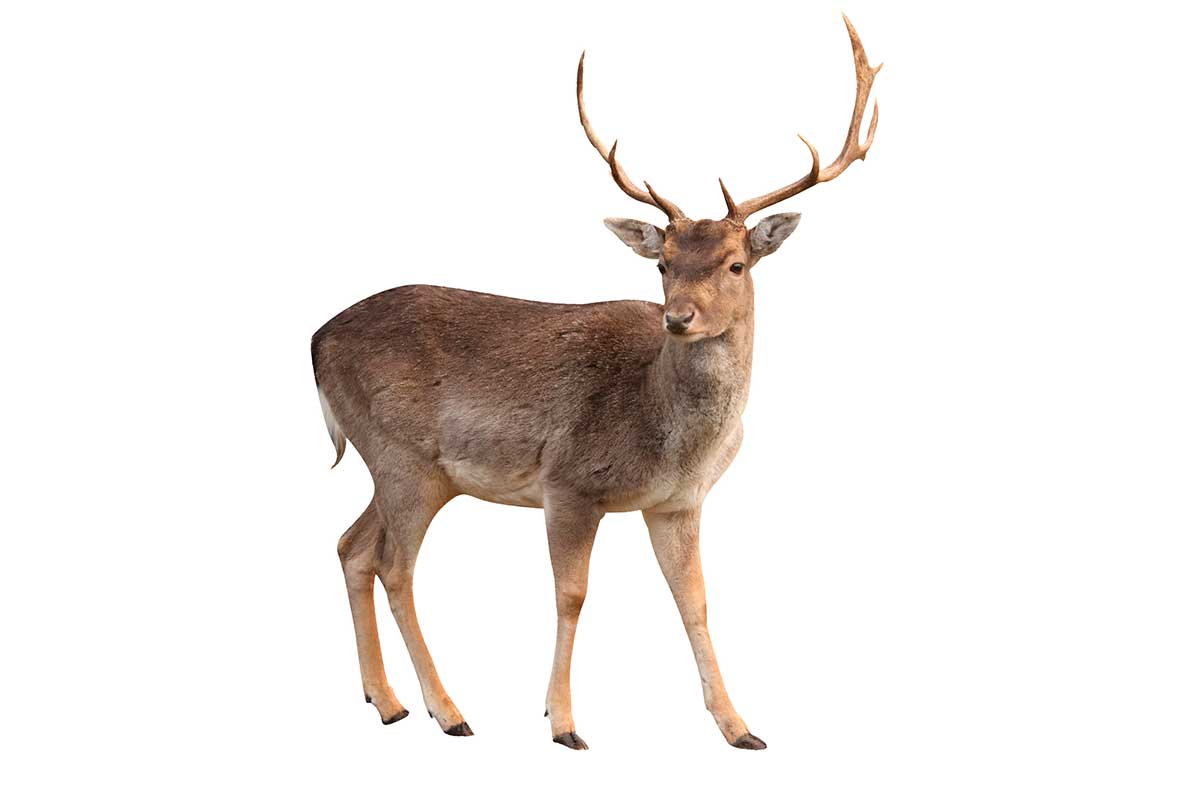Imagine leaving your apartment and seeing a black bear casually strolling the sidewalk. Last fall, a bear made headlines when it spent two months walking the streets of Fairfax County looking for food. The bear moved across Vienna, Oakton, Fairfax, Reston, McLean, Tysons, and Great Falls before being rescued and taken to a bear sanctuary.
Does this mean wildlife sightings are increasing in Northern Virginia? There’s certainly no shortage of deer, and sometimes the odd coyote can be spotted darting across a backyard. We asked Virginia Department of Wildlife Resources’ district wildlife biologist Jordan Green for tips on what to expect and how to react when these creatures enter our turf.

Bears
Rest easy. “One bear can generate a number of sighting reports and generally we see anywhere from one to five bears in a given year in Fairfax County,” Green says. Typically, they’re “juvenile yearling males who have been pushed out from their mothers to set out on their own.” Most find refuge in less developed areas, but he advises keeping items like garbage cans, bird feeders, and pet food secure. “There is a greater chance of being struck by lightning than being injured by a bear.” Black bears are wary of humans and generally don’t pose a threat.

Coyotes
It’s more common to see a coyote than a bear in our area. “In Fairfax, coyote sighting/conflict reports have remained fairly consistent, roughly between 20-40 calls per year over the last five years,” Green says. If you see a bear or coyote in your yard, “the response is the same: Scare the coyote or bear away by yelling, banging pots and pans, or throwing non-food items in their direction.” They may come back looking for food, but it will reinforce their natural fear of humans. One benefit: Coyotes are nocturnal creatures that eat damaging rodents.

Deer
Green confirms what you likely know: “Deer are overabundant in Northern Virginia, and there have been a variety of management actions taken to reduce the deer population over the past 20 years.” White-tailed deer may be more abundant in Virginia now than they ever have been. They have been without a couple of their main predators (mountain lions and wolves) for over a century. Virginia ranks 11th in the country for number of deer-vehicle collisions, so be alert when on the road. Consider fencing your yard or choosing deer-resistant plants.
This story originally ran in our March issue. For more stories like this, subscribe to Northern Virginia Magazine.





